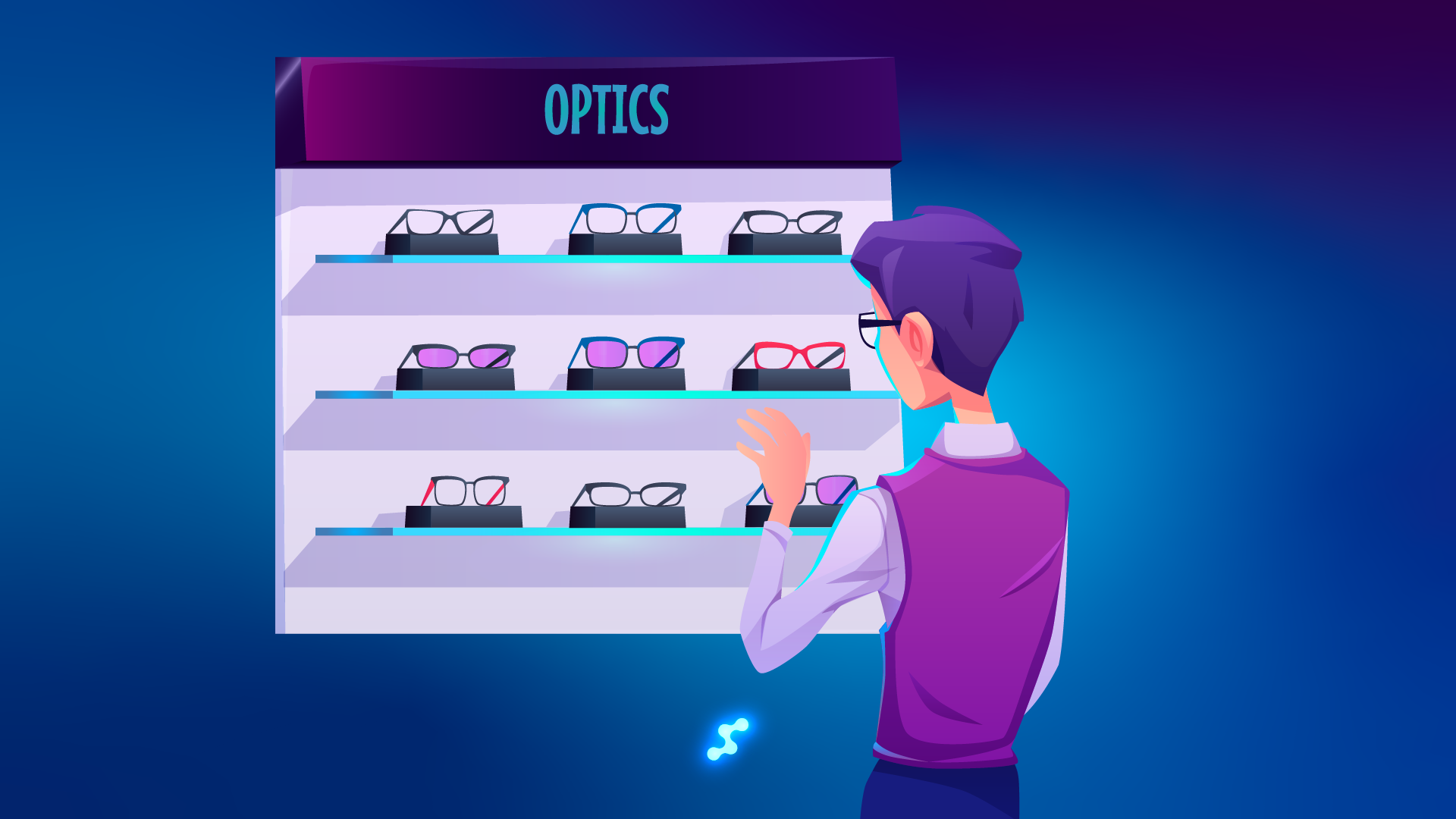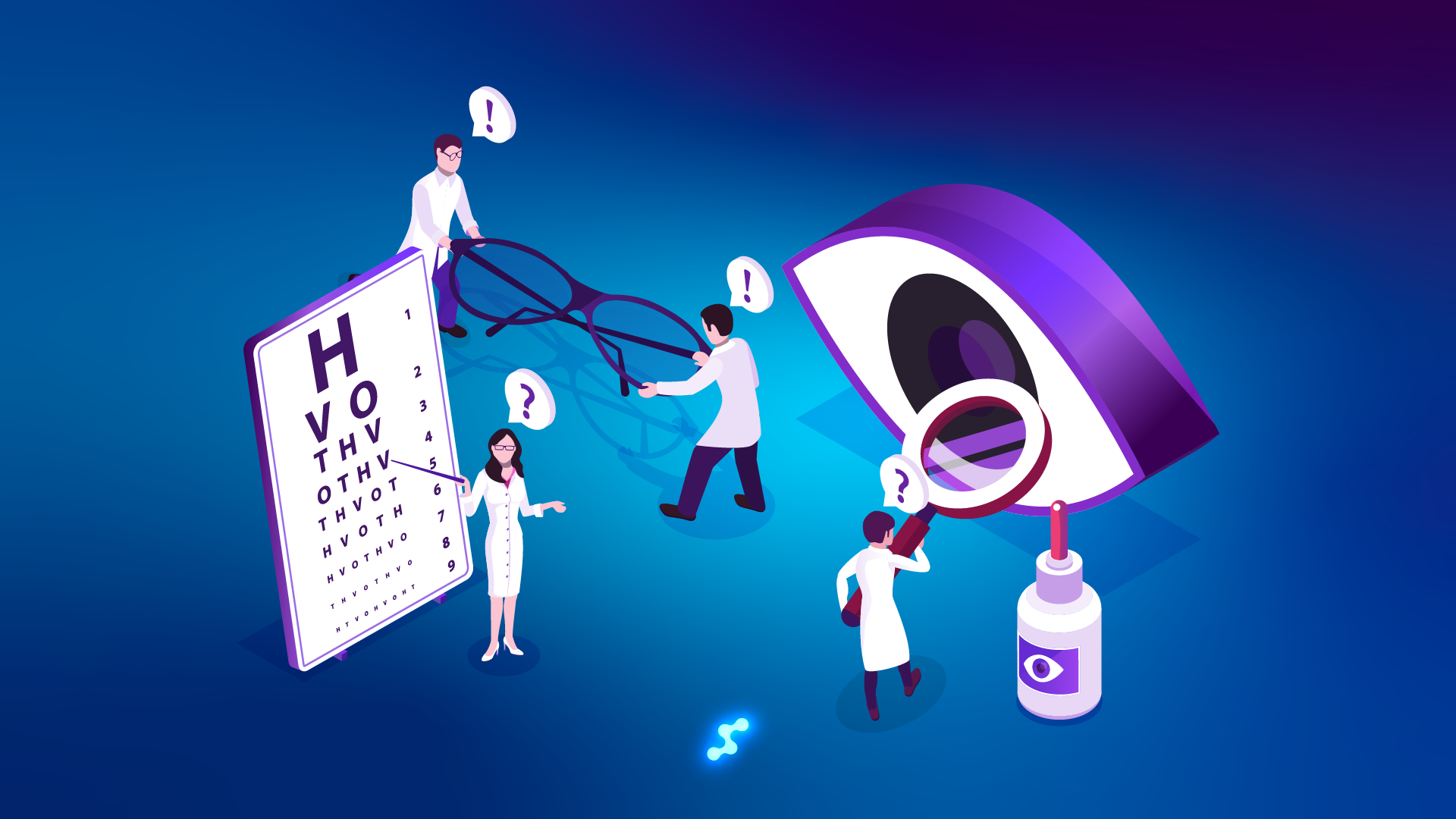Green Vision: How Sustainability Can Help Your Optical Store’s Success
The optical industry is undergoing a profound transformation driven by growing environmental awareness and shifting consumer expectations. For optical store owners, managers, and eye care professionals, adopting sustainable business practices is no longer optional. Instead, it is a strategic imperative that enhances brand reputation, fosters deep customer loyalty, and ensures long-term viability in an increasingly eco-conscious market.
This comprehensive guide prepared for you by Glasson examines the escalating challenges posed by eyewear waste, highlights global sustainability initiatives reshaping the optical sector, and provides actionable strategies to help optical retailers meet the growing demand from environmentally minded consumers—driving both positive impact and profitable growth.

Customers Are Watching: Elevated Awareness of Environmental Impact
In today’s highly connected world, consumers are more informed and conscientious about the ecological footprint of their purchases than ever before. Eyewear, traditionally overlooked in sustainability discussions, is rapidly gaining attention. Many understand that discarded glasses significantly contribute to landfill waste and that eyewear manufacturing entails a substantial carbon footprint.
Accordingly, consumers are demanding sustainable choices: frames manufactured from recycled or renewable materials, biodegradable packaging, and brands that demonstrate genuine social and environmental responsibility.
Optical retailers who prioritise transparency and sustainability position themselves to attract and retain a growing segment of eco-conscious customers. These customers seek more than vision correction—they seek brands with values aligned to theirs, wanting to engage with businesses that contribute positively to their communities and the planet.
Effective communication of your sustainability efforts can greatly enhance customer loyalty and advocacy. Retailers demonstrating genuine commitment gain a competitive advantage in attracting the expanding segment of eco-conscious consumers.
The Growing Problem of Eyewear Waste: A Crisis Demanding Action
Eye-catching and intricate, eyeglasses unfortunately contribute disproportionately to environmental degradation. Globally, hundreds of millions of pairs reach their end-of-life annually, often discarded improperly. Plastic frames, predominantly petroleum-based, can take centuries to decompose, slowly releasing toxic chemicals into soil and waterways.
Eyewear’s complex assembly—combining plastics, metal, optical glass or plastic lenses, and adhesives—renders recycling exceedingly difficult. Most municipal-level recycling facilities lack the necessary technology or processes to effectively dismantle eyewear components for reuse, contributing to vast wastage.
The production processes themselves strain ecosystems: mining for metals, producing synthetic plastic frames, packaging logistics, and global distribution cumulatively generate significant carbon emissions and raw material depletion.
As public pressure for corporate environmental responsibility mounts, eyewear retailers have both an ethical duty and a commercial opportunity to adopt sustainable solutions addressing these challenges.
Test Glasson for 7 days free of charge
Any questions? Leave your contact details and we'll call you back.
Pioneering Global Sustainability and Charitable Initiatives
Responding to this urgent need, several influential organisations have mobilised to tackle both waste reduction and vision care accessibility:
- Lions Club International’s Recycle for Sight Programme annually collects and refurbishes millions of glasses worldwide, providing sight-restoring eyewear to underserved populations. This initiative epitomises sustainability intertwined with humanitarian impact.
- New Eyes for the Needy supplies thousands of low-income Americans with prescription glasses each year, enabling improved educational and occupational outcomes.
- VisionSpring works across South America, Africa, and Asia, transforming donated eyewear into affordable vision solutions via local entrepreneurial networks, driving sustainable social good.
In recycling innovation:
- Opticycle in Australia facilitates responsible collection and material recovery in collaboration with optical retailers.
- Ever Circular in Europe champions circular economy principles, focusing on reincorporating used eyewear materials into manufacturing cycles.
By collaborating with such programmes, optical stores can magnify their environmental contribution and connect sustainably minded customers to tangible community impact.
Want to see Glasson's full potential?
Book a presentation
How Optical Retailers Can Lead a Sustainable Transformation
Elevating sustainability from aspiration to business differentiation demands concrete action. Optical retailers can:
- Expand Sustainable Product Lines
Introduce eyewear crafted from recycled acetate, sustainably harvested bamboo, bioplastics, or ethically procured metals. Actively market these collections to position your brand as progressive and eco-conscious. - Educate Employees and Customers
Develop comprehensive training for staff, making them sustainability ambassadors. Engage customers through newsletters, blogs, social media storytelling, and in-store educational materials showcasing your firm’s commitments. - Forge Trusted Partnerships with Charities and Recyclers
Partner with credible organisations to manage eyewear donations and recycling ethically. Promote these alliances transparently, reinforcing consumer trust and inspiring advocacy. - Adopt Sustainable Operational Practices
Reduce packaging, improve energy efficiency with LED lighting, digitise records using platforms like Glasson.app, and prioritise suppliers committed to environmental stewardship to embed sustainability culturally and operationally.
The Expanding Market of Used and Pre-Owned Eyewear: A Sustainable Style Revolution
A rapidly emerging trend complements sustainability with affordability and fashion: the used and pre-owned eyewear movement. Customers increasingly seek preloved frames offering unique style, cost savings, and sustainable credentials.
This segment includes refurbished glasses professionally cleaned and often fitted with new lenses, alongside vintage and designer frames prized for their individuality. Retailers employing trade-in programmes incentivise customers to return used eyewear, promoting circularity through resale or recycling.
Key players and platforms supporting this trend include Seecly, Peep Eyewear, Fashion Eyewear’s trade-in services, True Vintage Eyewear, and Reglaze Glasses Direct. This pre-owned market aligns naturally with sustainable retailing, offering affordable, stylish options while reducing waste.
For optical stores, embracing pre-owned sales or trade-in services generates additional revenue streams, deepens sustainability commitments, and satisfies the eco-conscious consumer increasingly willing to embrace circular fashion.
Sustainability as a Market Differentiator: Securing Competitive Advantage
Sustainability has transcended trend status to become a baseline expectation among discerning consumers. Optical retailers authentically embracing environmental responsibility create emotional brand loyalty, reduce customer churn, and access premium market segments.
Consumers increasingly prioritise businesses that reflect their values, rewarding transparency, consistency, and social contribution. Early adopters in this domain enjoy positive brand differentiation, enhanced reputation, and the resilience needed for an evolving marketplace.
7-day free trial
Got Any Questions? Let us know in the Contact Us form below.
The Business Case: Sustainability Drives Growth and Resilience
Sustainable practices deliver concrete business benefits:
- Millennials and Generation Z actively prefer brands demonstrating social and environmental responsibility.
- Eco-conscious product lines strengthen brand reputation and improve customer retention.
- Visible environmental initiatives deepen emotional connections and spur customer advocacy.
- Operational efficiencies arise from waste reduction and resource conservation efforts.
- Proactive compliance with emerging sustainability regulations facilitates certifications, competitive advantages, and financial incentives.
Putting sustainability at the strategy core prepares optical retailers for future challenges and growth opportunities.

Actionable Steps to Embark on Your Sustainability Journey
- Conduct a comprehensive audit of your environmental impact and current sustainability efforts.
- Establish partnerships with respected local and international recycling and charitable organisations.
- Broaden your product assortment to include desirable sustainable eyewear options.
- Train all team members to champion your sustainability initiatives authentically.
- Communicate your commitments and progress clearly and regularly across multiple channels, inviting customer participation.
Sustainability is an indispensable pillar for modern optical retail. Businesses leading with green initiatives reduce environmental footprints, deepen customer relationships, and attract the rising market of eco-conscious consumers.For detailed guidance, resources, and tools, visit Glasson.app.
 English
English  Polski
Polski  Čeština
Čeština  Deutsch
Deutsch  Español
Español  Français
Français  Ελληνικά
Ελληνικά  Hrvatski
Hrvatski  Italiano
Italiano  Lietuviškai
Lietuviškai  Magyar
Magyar  Nederlands
Nederlands  Português
Português  Română
Română  Slovenčina
Slovenčina  Svenska
Svenska  Türkçe
Türkçe  Русский
Русский 


















































